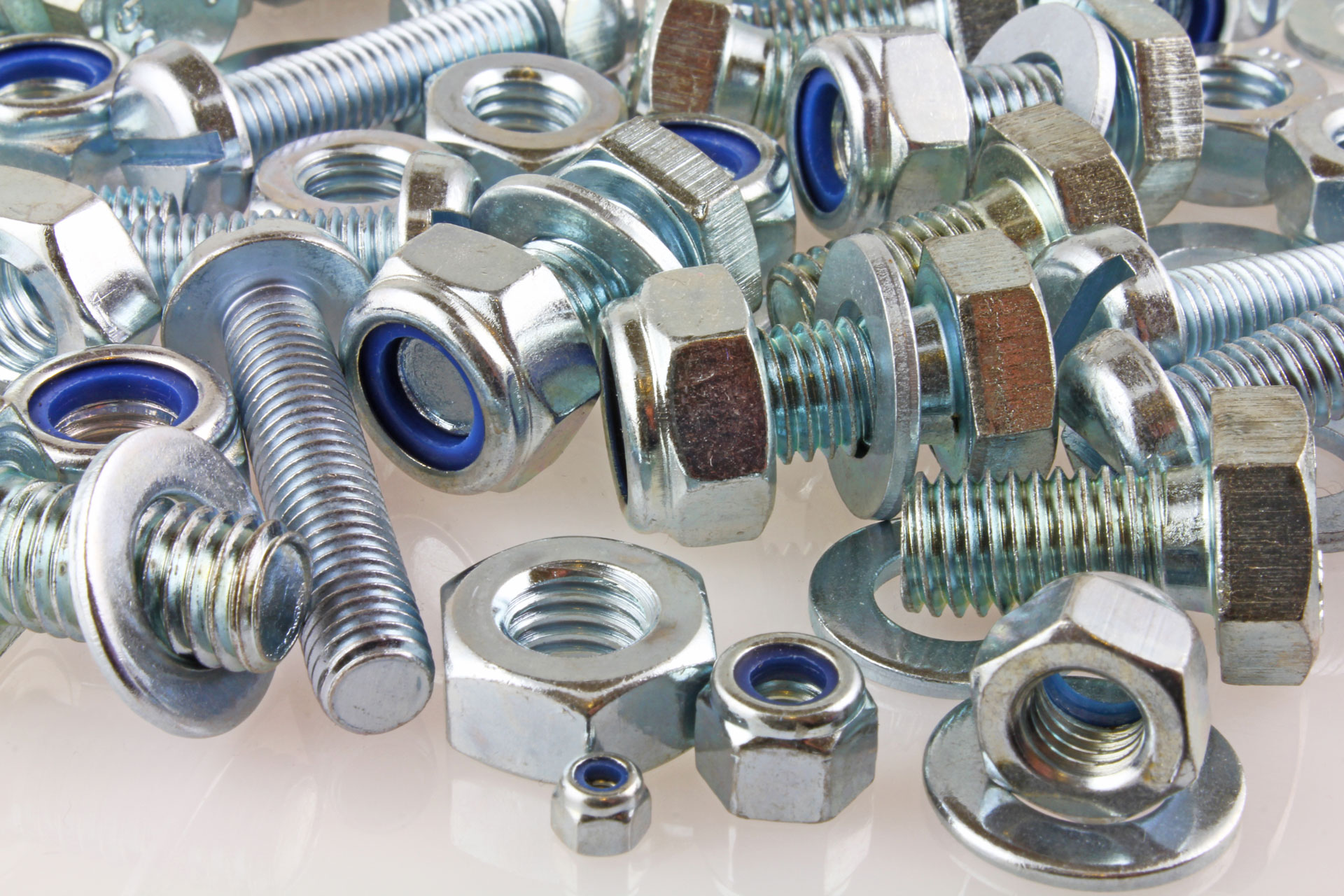FASTENER

From bolts, ultrasonic equipment, rivets and fasteners, our coatings ensure your components meet the highest standards of durability and performance, backed by our commitment to quality and customer satisfaction. Since 1978, Bales has set the standard for innovation and reliability in metal surface protection.
FASTENER SOLUTIONS FAQS
Though small, fasteners play a critical role in various applications. Our specialized coatings ensure their peak performance. This FAQ explores the benefits of our solutions, enhancing the strength, corrosion resistance, and longevity of these essential components and highlighting the diverse applications we support.
What is Electroless Nickel Coating, And How Does it Benefit Fasteners?
Electroless Nickel coating is a process that deposits a uniform layer of nickel-phosphorus alloy onto the surface of metal fasteners. This coating provides fasteners with excellent corrosion resistance, wear resistance, and lubricity. It helps extend the lifespan of fasteners by preventing corrosion and reducing friction, ultimately enhancing performance and reliability.
What is Nickel Coating, and When Should it Be Used on Fasteners?
Nickel coating, also known as nickel PTFE (Polytetrafluoroethylene) coating, combines the benefits of Electroless Nickel with a top layer of PTFE. This dual-layer coating provides outstanding lubricity and release properties to fasteners, making them ideal for applications where reduced friction and anti-stick properties are crucial. Nickel coatings are often used in fasteners for industries like automotive, aerospace, and manufacturing.
How Do I Choose Between Electroless Nickel and Nickel Coatings for My Fasteners?
The choice between Electroless Nickel and Nickel coatings depends on the specific requirements of your fastener application. If you need excellent corrosion resistance and wear resistance, Electroless Nickel is a suitable choice. On the other hand, if you require reduced friction, anti-stick properties, and enhanced lubricity, Nickel coatings may be more appropriate. Consulting with a coating expert and considering the environmental conditions and performance expectations of your fasteners can help you make an informed decision.

